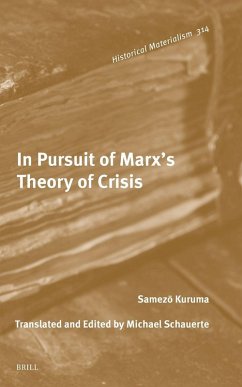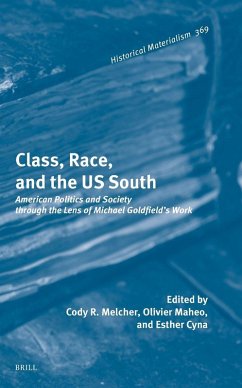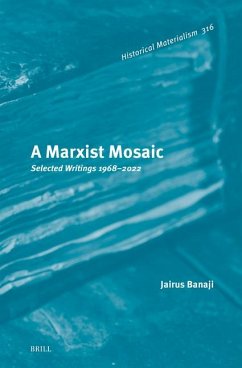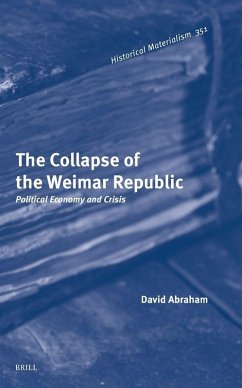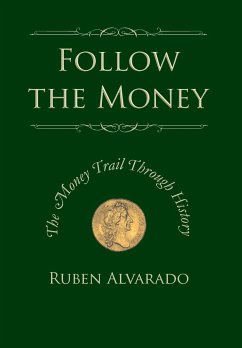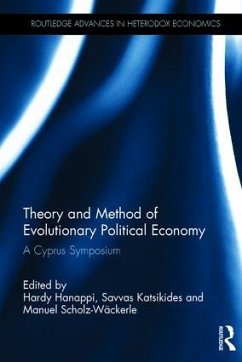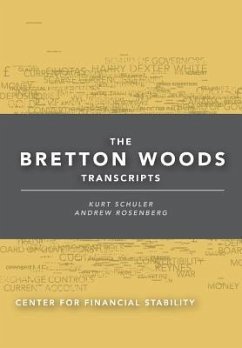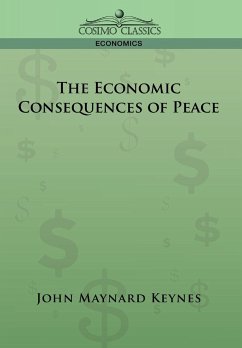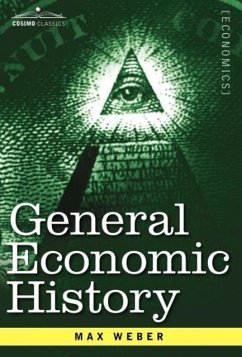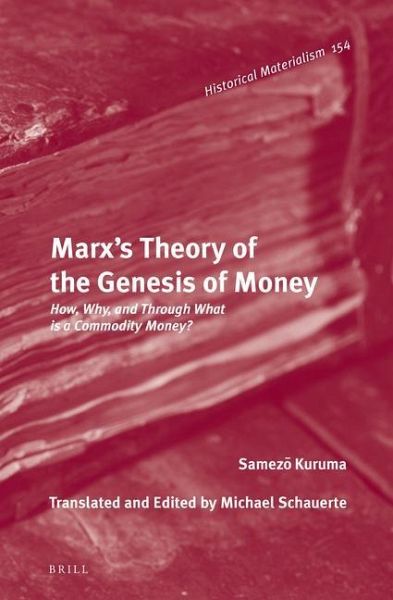
Marx's Theory of the Genesis of Money
How, Why, and Through What Is a Commodity Money?
Herausgeber: Schauerte, Edward Michael / Übersetzer: Schauerte, Edward Michael
Versandkostenfrei!
Versandfertig in über 4 Wochen
122,99 €
inkl. MwSt.
Weitere Ausgaben:

PAYBACK Punkte
61 °P sammeln!
In Marx's Theory of the Genesis of Money, Samezō Kuruma examines the different angles from which Marx analyses the commodity and money in the first two chapters of Capital, Volume I.



